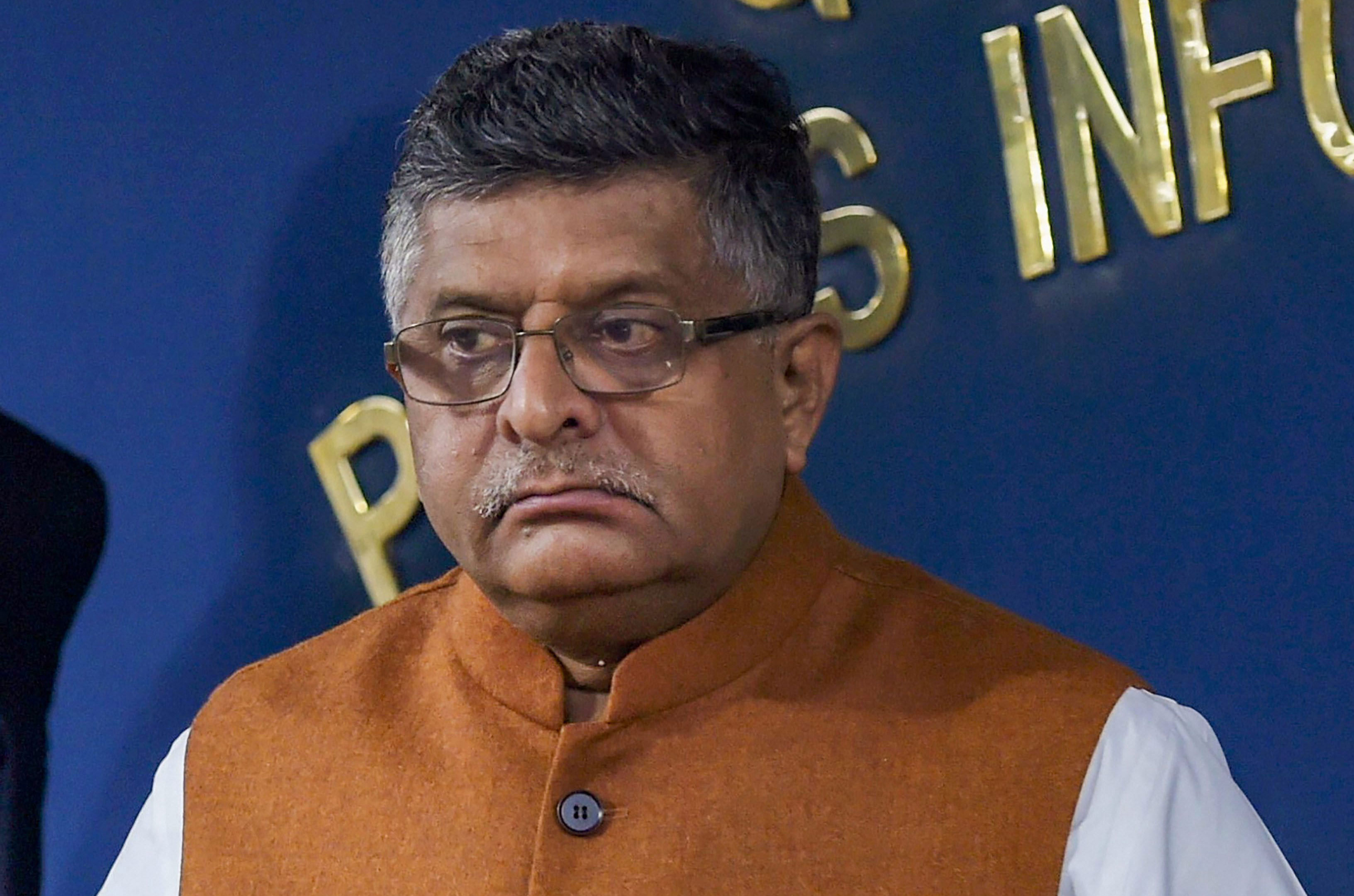The government plans to fill up strategic oil reserves at Padur in Karnataka in a public-private partnership model, which will enable the country to use the fuel in times of need and reduce the budgetary support by more than Rs 10,000 crore.
“The cabinet has approved the filling of the Padur strategic petroleum reserve (SPR) in Karnataka by overseas national oil companies,” Union law minister Ravi Shankar Prasad said on Thursday.
The facility at Padur is an underground rock cavern with a total capacity of 2.5 million tonnes (mt) having four compartments of 0.625 mt each. The filling of the reserve under the PPP model is being undertaken to reduce the government’s budgetary support by more than Rs 10,000 crore.
India meets about 82 percent of its crude needs through imports.
Officials said the envisaged PPP model would offer incentives to “stakeholders looking to profit from this alliance ranging from supply side assurance of downstream refiners to logistics and location advantage and availability of low-cost underground storage facility as an economical alternative”. It will also offer the flexibility of multiple grade crude oil and multiple revenue streams.
According to estimates by Opec, world oil demand is expected to increase 14.5 million barrels a day (mbd), to 111.7mbd in 2040 from 97.2mbd in 2017. India will account for a growth of 5.8mbd, which is 40 per cent of the overall increase.
The move will enable the government to fill up the crude storage without spending any money, while having the right of first use in the case of emergency as well as getting rent from global players for using the caverns.
The Indian Strategic Petroleum Reserves Ltd has constructed underground rock caverns for the storage of 5.33mt crude oil at three locations, namely Visakhapatnam (1.33mt), Mangalore (1.5mt) and Padur (2.5mt).
The government had given in-principle approval in June 2018 to establish additional 6.5mt storage facilities at Chandikhol in Odisha and Padur in Karnataka, which is expected to augment India’s energy security by 11.5 days, according to consumption data for 2017-18.
Airport management
The cabinet has approved a proposal to manage Ahmedabad, Jaipur, Lucknow and three other airports —Guwahati, Thiruvananthapuram and Mangalore — under the public-private partnership model.
The move is expected to enhance the revenue of the Airports Authority of India and increase economic development in these areas in terms of job creation and related infrastructure.











